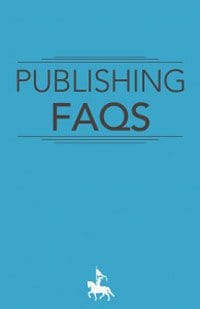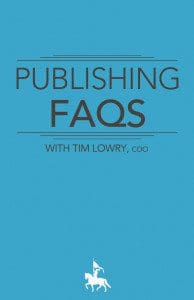Frequently asked questions. Every industry has them and publishing is no different. Ambassador International has the pleasure of working with many new and upcoming authors as well as already-established authors who still need our assistance. Many of these authors come to us with lots of questions. Publishing your first book (or your 10th!) is exciting! There are many details to work out and decisions to make. This Publishing FAQ series covers questions Ambassador International receives regularly. Previously covered questions are:
- What is the best publishing option for me?
- Do I need an agent?
- Will I experience success if I get my book into stores?
- What else do you expect me to do?
- How does a distributor work?
 Endorsements: The 6 Ws
Endorsements: The 6 Ws
What:
Merriam-Webster defines endorsing as “to approve openly” or “to recommend (something, such as a product or service).” An endorsement for a book is not a review, it is a statement that openly approves or recommends your book to readers.
Why:
An endorsement lends credibility to a book. They are a no-cost marketing strategy that can be used in the promotion of your book.
When:
Now!
Whether you have signed a contract or not, it is never too early to begin seeking endorsements.Click To TweetWho:
In simplest terms, the more recognizable the endorser, the better, but also keep in mind that any endorsement is better than none. Endorsements can come from various sources – a recognized leader in the field, pastor, librarians, authors {award-winning authors are ideal but not required}
Where:
Endorsements will be used for your book, either on the cover or in the interior. They will also be used in marketing material.
How:
While Ambassador International can try and help authors acquire endorsements, we recommend you review your personal connections first and determine if you have any connections who would qualify as an endorser. And then all you have to do is ask them! It’s simple, really! If you don’t have personal connections, you can still seek out possible endorsers but you may have to try a little harder to get a yes. Endorsements are, or should be, offered for free, but we recommend that you offer and send the endorser a personally-signed copy of your book upon publication as a way of saying thank you.
We applaud you for doing your research to try and make your book the best version of itself it can be! Whether you have already signed a contract or still hope to in the future, you can begin the process now of trying to secure endorsements for your book. We recommend our authors try to have two or three good endorsements, but even if you get one, remember what we said earlier, any endorsement is better than no endorsement .






 How Does a Distributor Work?
How Does a Distributor Work?